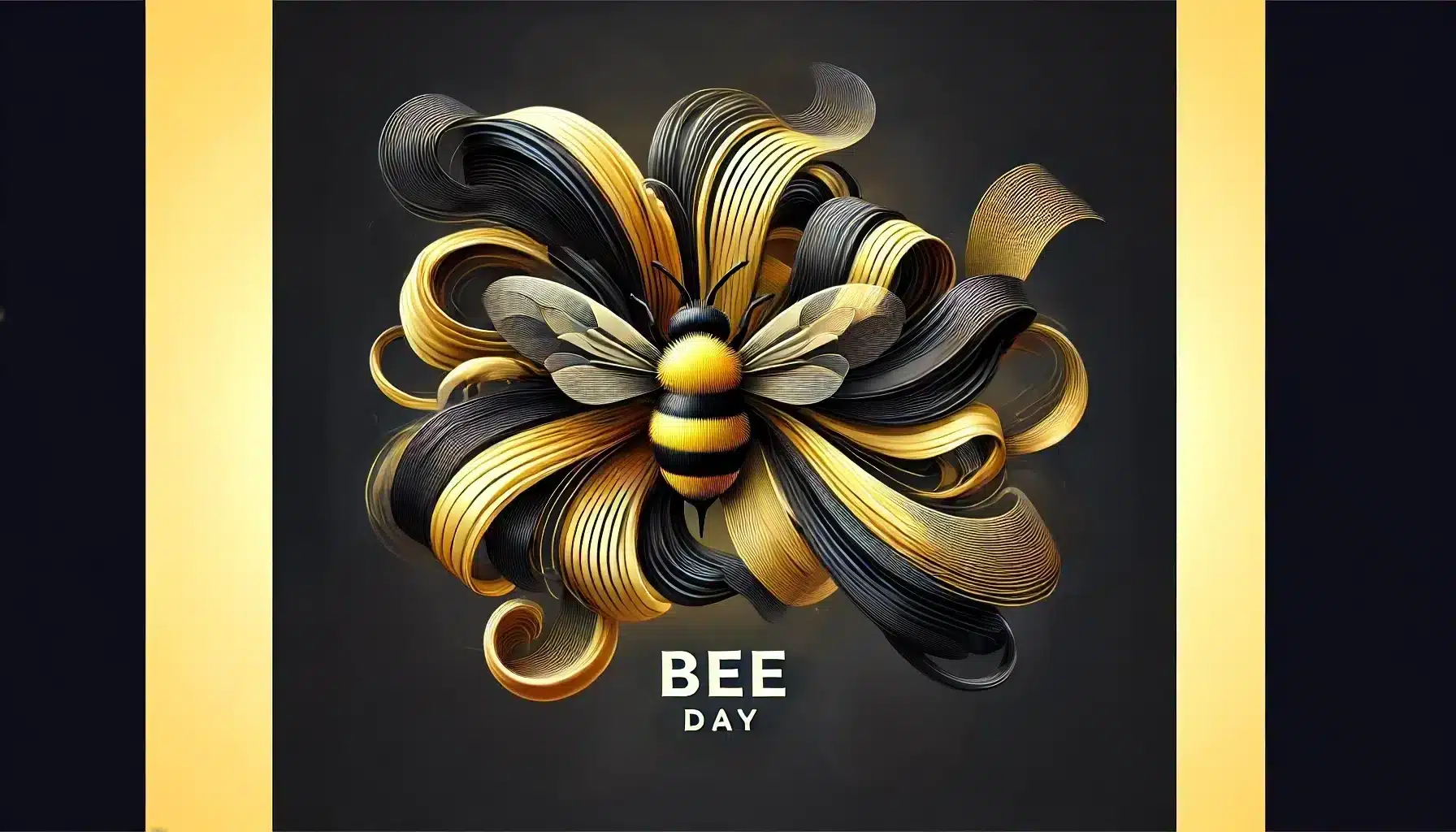What is World Bee Day?
World Bee Day is observed every year on May 20 to raise awareness about the importance of bees and other pollinators in maintaining ecosystems and global food production. The day was established by the United Nations in 2017 to highlight the vital role of bees in biodiversity and agriculture while addressing the threats they face.
Bees contribute to pollinating nearly 75% of the world’s crops, ensuring food security and ecological balance. However, habitat destruction, pesticides, and climate change have led to a decline in bee populations, making their protection more critical than ever.
History and Origin
World Bee Day was created to honor Anton Janša, a Slovenian beekeeper born on May 20, 1734, who pioneered modern beekeeping techniques. Slovenia, with the support of Apimondia, an international federation of beekeepers, proposed the observance to the United Nations, which officially declared May 20 as World Bee Day in 2017.
Since then, the day has been marked globally with awareness campaigns, community activities, and policy discussions aimed at improving the conservation of bees and other pollinators.
Who Participates in World Bee Day?
- Beekeepers and bee organizations: Organize educational events and workshops about beekeeping and pollinator protection.
- Environmental groups: Lead campaigns to highlight the importance of pollinators and their role in biodiversity.
- Schools and educational institutions: Include lessons and activities to teach students about bees and their contributions to ecosystems.
- Communities and individuals: Plant bee-friendly flowers and create habitats to support bee populations.
- Government agencies and policymakers: Promote policies that protect pollinators and regulate harmful pesticides.
Slogans and Themes
World Bee Day focuses on pollinator conservation, sustainable agriculture, and biodiversity protection. Each year, the event highlights a specific theme related to bee preservation and environmental sustainability.
Slogans such as “Bee Engaged with Pollinators,” “Save the Bees, Save the Planet,” and “Pollination for a Sustainable Future” emphasize the importance of bees in food security and ecosystem health.
Colors
- Yellow: Represents bees and their essential role in pollination.
- Black: Symbolizes the characteristic stripes of bees.
- Green: Reflects nature, plant life, and the ecosystems bees help sustain.
Symbols
- Bee: Represents the role of pollinators in agriculture and biodiversity.
- Honeycomb: Symbolizes the structured and cooperative nature of bee colonies.
- Flower: Highlights the connection between bees and pollination.
Patterns
- Hexagonal shapes: Represent honeycomb structures, showcasing the organization of bee colonies.
- Floral designs: Emphasize the role of bees in pollinating plants and flowers.
- Bee flight paths: Illustrate the movement of bees and their vital work in ecosystems.
Most Used Hashtags
- #WorldBeeDay
- #SaveTheBees
- #BeeFriendly
- #PollinatorProtection
- #SustainableAgriculture
How to Celebrate World Bee Day
- Plant bee-friendly flowers: Create a garden with nectar-rich plants to support bee populations.
- Avoid pesticides: Reduce or eliminate the use of harmful chemicals that threaten bees.
- Support local beekeepers: Buy honey and other bee-related products from sustainable, ethical sources.
- Learn about bees: Attend workshops or read about the role of bees in pollination and food production.
- Spread awareness: Share information about bees on social media to encourage conservation efforts.
Why is World Bee Day Important?
Bees play a crucial role in pollinating nearly three-quarters of global crops, ensuring food security and maintaining biodiversity. Their decline poses a serious threat to ecosystems, agriculture, and human livelihoods.
World Bee Day serves as a reminder that the survival of bees is linked to environmental sustainability. Protecting their habitats, reducing pesticide use, and supporting bee-friendly practices can help restore and maintain pollinator populations, ensuring a stable future for both nature and humans.
Features
Contact Info
May 20: Bee Day
Why do you keep falling for the same type?
Read the article Lovemaps: the hidden blueprint of our love.
Did you not find what you were looking for? Let me help you find more.

